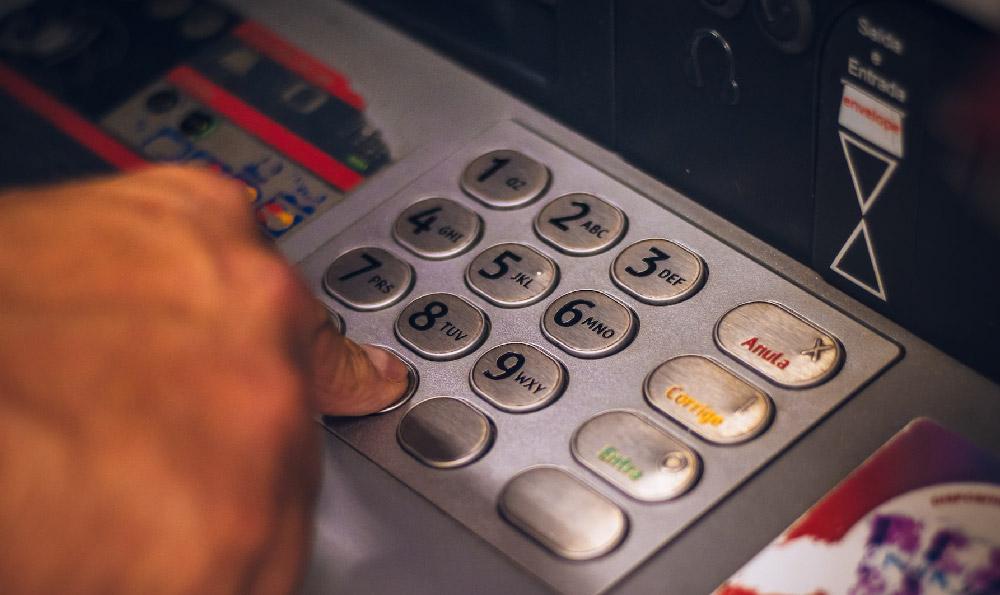Here's an article addressing the profit car dealers make from financing, focusing on a comprehensive explanation and avoiding bullet points and numbered lists:
The world of car buying can be a complex dance of negotiation, features, and paperwork. While the sticker price of the vehicle often takes center stage, the financing aspect is a crucial element that can significantly impact the overall cost. A common question lurking in the minds of many car buyers is: Do car dealers profit from financing, and if so, how much do they actually earn? The answer, while not always straightforward, is generally yes, dealers can and often do profit from arranging financing for their customers. Understanding how they do so is key to making informed decisions and potentially saving money.
One of the primary ways dealers generate profit from financing is through what's often called a "finance reserve" or "interest rate markup." Dealers act as intermediaries between the customer and the lending institution, which could be a bank, credit union, or the manufacturer's own financing arm. The lender offers the dealer a wholesale interest rate, a benchmark rate at which they are willing to finance the loan. The dealer, in turn, presents the customer with a higher interest rate. The difference between the wholesale rate and the retail rate offered to the customer represents the dealer's finance reserve – their profit margin on the financing. This markup is typically a percentage point or two, and it can translate into a substantial sum over the life of the loan, especially for longer loan terms.

This practice is not inherently unethical, as dealers provide a service by streamlining the financing process. They handle the paperwork, negotiate with lenders, and present customers with various financing options. However, the lack of transparency surrounding the markup can be problematic. Many customers are unaware that the interest rate is negotiable or that the dealer has a financial incentive to push for a higher rate. It’s important to remember that the dealer isn't lending their own money; they are connecting you with a lender and are compensated for that service, and often, based on the profitability of that connection.
Beyond interest rate markups, dealers can also earn commissions or fees from lenders for originating loans. These incentives are often tied to the volume of loans the dealer originates or the types of loans they secure. For example, a dealer might receive a higher commission for selling loans with extended warranties or other add-ons. This creates a potential conflict of interest, as the dealer may be incentivized to prioritize loan products that generate higher commissions, even if they are not the best fit for the customer's needs.
The exact amount a dealer earns from financing varies considerably, depending on several factors. These include the dealer's size and volume, the lending institution's policies, the creditworthiness of the customer, and the state's regulations. Some states have laws that limit the amount of interest rate markup a dealer can charge, while others have no such restrictions. Additionally, the customer's credit score plays a significant role. Customers with excellent credit typically qualify for lower interest rates, leaving less room for the dealer to mark up the rate. Conversely, customers with poor credit may be charged significantly higher rates, providing the dealer with a larger profit margin.
Estimating the precise profit a specific dealer makes on a particular financing deal is difficult without access to internal sales data. However, it's not uncommon for a dealer to earn hundreds or even thousands of dollars in profit from financing a single vehicle. This profit can be a significant contributor to the dealer's overall revenue, especially considering the relatively thin margins on new car sales themselves.
So, what can car buyers do to protect themselves and ensure they are getting a fair financing deal? The most important step is to come prepared. Before visiting the dealership, research interest rates from various lenders, including your bank, credit union, and online lenders. Obtain pre-approval for a loan, so you have a baseline interest rate to compare against the dealer's offer. Never feel pressured to accept the first financing option presented. Negotiate the interest rate, just as you would negotiate the price of the vehicle. Don't be afraid to walk away if the dealer is unwilling to offer a competitive rate.
Carefully scrutinize the loan documents, paying close attention to the interest rate, loan term, fees, and any add-on products or services. Understand the total cost of the loan, including interest charges, over the entire loan term. Question any charges or fees that you don't understand. Be wary of long loan terms, as they can result in you paying significantly more interest over the life of the loan. Consider making a larger down payment to reduce the loan amount and potentially qualify for a lower interest rate.
Moreover, resist the urge to focus solely on the monthly payment. Dealers often manipulate the loan term to achieve a desired monthly payment, which can obscure the true cost of the loan. Focus instead on the annual percentage rate (APR), which reflects the total cost of borrowing, including interest and fees.
In conclusion, car dealers do profit from financing, primarily through interest rate markups and commissions from lenders. While this practice is not inherently wrong, it's essential for car buyers to be aware of the potential for profit and to take steps to protect themselves. By researching interest rates, obtaining pre-approval for a loan, negotiating the interest rate, and carefully reviewing the loan documents, you can increase your chances of securing a favorable financing deal and avoiding unnecessary costs. Knowledge is power in the car buying process, and understanding the financing aspect is just as important as understanding the vehicle itself.












